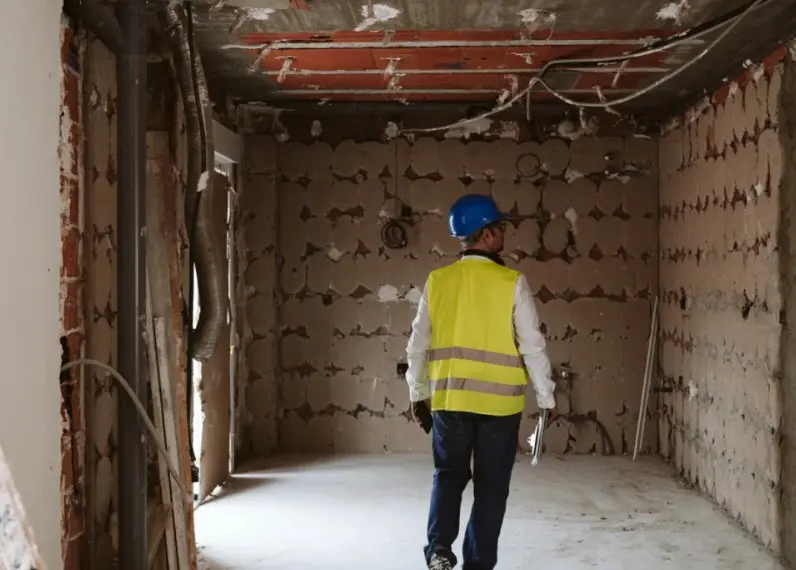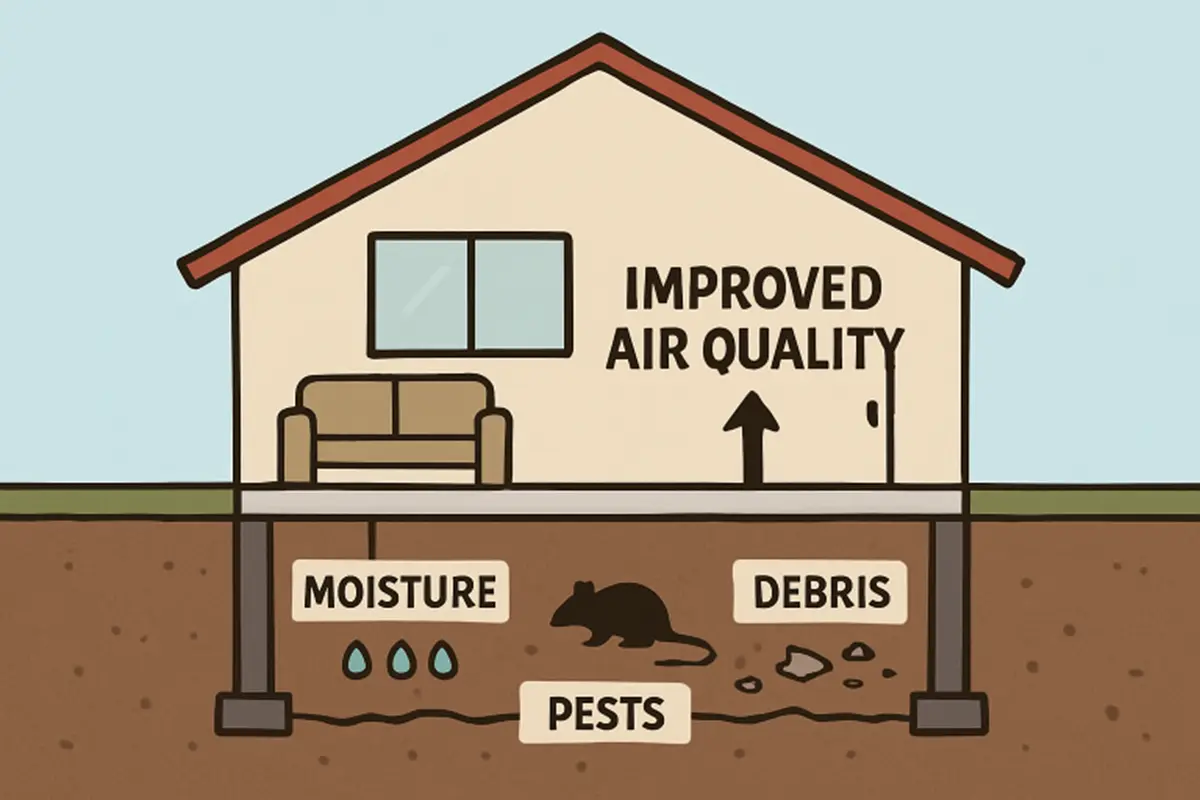Last updated on July 31st, 2025 at 01:12 pm
A comprehensive commercial building survey serves as a critical assessment tool for property investors, business owners, and property managers. This detailed examination provides invaluable insights into a building’s condition, potential risks, and future maintenance requirements, ultimately informing crucial investment and operational decisions.
Structural Assessment
The structural evaluation forms the foundation of any thorough commercial building survey. This component examines the building’s load-bearing elements, including foundations, walls, beams, and roof structures. Surveyors assess the integrity of these elements, identifying any signs of subsidence, structural movement, or deterioration that could compromise the building’s stability. They also evaluate the adequacy of structural supports and examine any recent alterations or extensions to ensure compliance with building regulations.
Building Services Evaluation
Modern commercial properties rely heavily on sophisticated building services, making their assessment paramount. This examination encompasses electrical systems, plumbing, heating, ventilation, and air conditioning (HVAC) installations. Surveyors evaluate the condition, efficiency, and compliance of these systems with current regulations. They assess whether installations meet the building’s operational demands and identify any potential health and safety concerns that could affect occupants or operations.
Fire Safety and Compliance
Fire safety represents a critical component of commercial building surveys, given the stringent regulatory requirements governing commercial properties. The assessment includes examining fire detection systems, alarm installations, emergency lighting, fire exits, and escape routes. Surveyors evaluate compartmentation measures, fire doors, and sprinkler systems where present. They also assess compliance with current fire safety legislation and identify any areas requiring immediate attention to ensure occupant safety.
External Envelope Inspection
The building’s external envelope protects the interior from weather elements and contributes significantly to energy efficiency. This component involves examining the roof covering, guttering, external walls, windows, and doors. Surveyors identify any water ingress issues, thermal bridging problems, or deterioration that could lead to costly repairs. They also assess the condition of external cladding, pointing, and weatherproofing measures.
In addition to assessing the structural integrity and safety of a commercial building, it is crucial to evaluate the condition of the roof, as it plays a vital role in protecting the property from environmental elements. A thorough roof inspection should be part of any comprehensive building survey, identifying potential issues such as leaks, wear, and damage that could lead to costly repairs if left unaddressed. For those looking to ensure their building’s roof is in optimal condition, it is advisable to Get a quote from Langford Roofing, a service that specializes in providing detailed assessments and solutions tailored to your specific needs. This proactive approach can help maintain the longevity and value of the property.
Environmental and Accessibility Considerations
Contemporary commercial building surveys increasingly focus on environmental factors and accessibility compliance. Environmental assessments may include examining insulation effectiveness, energy efficiency measures, and potential contamination issues. Accessibility evaluations ensure compliance with the Equality Act 2010, examining provisions for disabled access, including ramps, lifts, accessible toilets, and circulation spaces.
Internal Condition Assessment
The internal inspection covers floors, walls, ceilings, and internal fixtures. Surveyors examine the condition of finishes, identify any dampness or defects, and assess the suitability of internal layouts for intended use. This component also includes evaluating internal doors, staircases, and any fitted furniture or equipment included in the property.
Risk Analysis and Future Planning
A comprehensive survey concludes with a detailed risk analysis that prioritises identified issues based on urgency and potential impact. This component provides cost estimates for necessary repairs and maintenance, helping property owners plan budgets effectively. Surveyors often include recommendations for preventative maintenance programmes and highlight opportunities for property improvements.
Choose the Right Commercial Building Survey
There are many different commercial building survey services available, such as a schedule of condition, dilapidations, and pre-acquisitions surveys. Check the commercial building survey cost for a guide to what options you have.
The value of a comprehensive commercial building survey extends far beyond identifying immediate defects. It provides property stakeholders with the knowledge necessary to make informed decisions, negotiate purchase prices effectively, and plan future property management strategies. Regular surveys also help maintain property values and ensure ongoing compliance with evolving regulatory requirements.
Also Read-The Absolute Beginner’s Guide To Sports Betting




